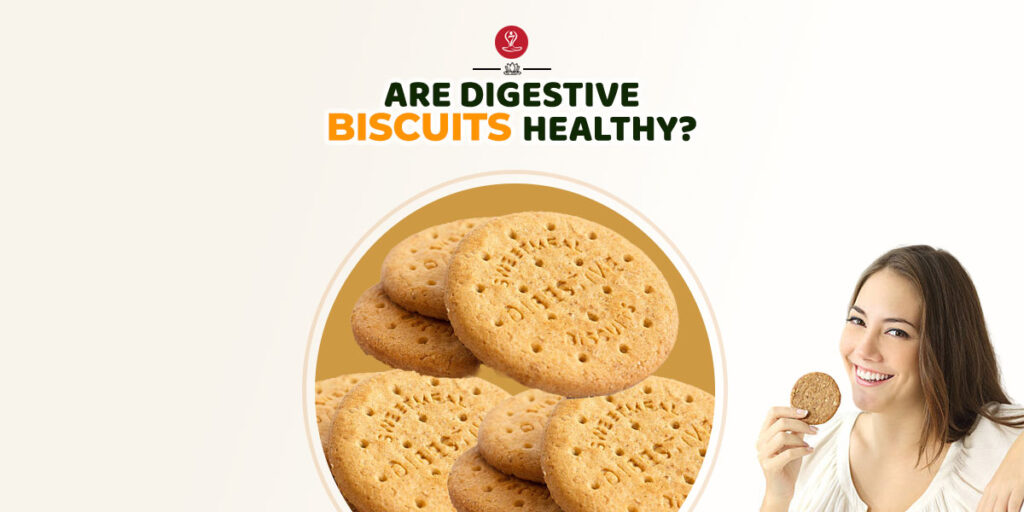Cholesterol is very important for the body to work properly. The brain and nervous system are completely dependent on cholesterol, but studies say that as much as it is necessary for the body, it is equally harmful. If cholesterol increases excessively or too much in your blood, then people can also have problems of heart attack, stroke, and walls of arteries blocked. So it is important to keep cholesterol under control. Although the body manufactures cholesterol as needed, it can also get cholesterol from foods. That’s why changing foods and diet for cholesterol is the best way to achieve good cholesterol.
You will be surprised to know that your food choices can affect your cholesterol levels in a big way. Yes, consuming high amounts of high-fat animal foods like meat, eggs, and dairy products can raise your cholesterol levels.
There are two types of cholesterol in our body – HDL (high-density lipoprotein, good cholesterol) and LDL (low-density lipoprotein, bad cholesterol). Good cholesterol promotes the health of the body while bad cholesterol can cause plaque buildup and blockage in the arteries. Such conditions increase the risk of heart attack, stroke, or cardiac arrest.
Here are 10 tips for lowering cholesterol with diet and reducing your risk of heart disease.
Putting together the diet for cholesterol reduction
Soluble fiber breakfast
Soluble fiber is also found mainly in pulpy and fibrous fruits like oats, beans, apples, bananas, papayas, oranges, guavas. The intake of soluble fiber gradually controls the body’s LDL i.e. harmful cholesterol.
Soluble dietary fiber absorbs water during digestion and forms a gel-like material. It increases stool volume and can lower blood cholesterol levels. Soluble fiber, including pectin and beta-glucan, can be found in oats, barley. psyllium, fruits such as apples, citrus fruits and grapes; vegetables; and legumes such as peas, beans and lentils.
Whole grains
Whole grains can also be included in ways to reduce cholesterol. It is said whole gains are rich in fiber, which can help lower cholesterol levels. At the same time, a research present on the NCBI website also mentions that consuming 30 grams of whole grains per day can help in reducing the levels of both total serum cholesterol and LDL cholesterol.
In such a situation, it would not be wrong to say that consuming whole grains in the diet can prove beneficial to reduce cholesterol. Explain that oatmeal, oats, etc. can be consumed in the form of whole grains.
Fruit and berry
Many types of fruit are low in fat, sodium and calories as well as being low in cholesterol. The fruit is considered a main source of many essential nutrients like potassium, fiber, vitamin-C and folate (folic acid). According to a research, the nutrients present in the fruit can help in reducing cholesterol. Fiber is the main among these nutrients. Apples, kiwis, mangoes, pineapples, pomegranates, watermelon, grapes, oranges, plums, strawberries, bananas, peaches and pears are considered good sources of fiber.
Garlic controls cholesterol
Talking about the properties of garlic, it contains Allicin and Magni which are helpful in reducing cholesterol level.
Garlic not only contains allicin, but also compounds like ajoene and allein, which increase the properties of garlic manifold. Allicin is helpful in reducing the triglyceride in the blood, which keeps cholesterol under control.
Green Tea
Health experts consider the consumption of green tea9 best health benefits of green tea you need to know to be particularly beneficial for the body. Green tea contains catechins and other antioxidant compounds that help reduce bad LDL and increased cholesterol levels.
Research published in the ‘Journal of the American Dietetic Association’ says that due to the effect of green tea, the amount of cholesterol drops by five to six points. In the research, people drinking green tea and taking green tea capsules were tested. It was found that it is beneficial even with capsules, but its effect is not as fast as drinking green tea. However, more research is still needed to confirm this.
Olive oil
The benefits of extra virgin olive oil can also be seen in the diet to reduce cholesterol. Olive oil is rich in unsaturated fats, which can help prevent and lower high levels of bad cholesterol and triglycerides by increasing the level of good cholesterol.
In addition, olive oils are rich in polyphenols, which may improve lipid profiles by increasing HDL-cholesterol. It can also reduce the risk of heart disease as well. On this basis, it would not be wrong to say that the consumption of olive oil can also be a way to reduce cholesterol.
Herbs and spices
Research has found that herbs and spices contain vitamins, minerals and antioxidant properties. These properties found in it can help protect against diseases like diabetes, heart disease, arthritis and cancer. The antioxidant and anti-hypercholesterolemic properties can help in increasing the level of good cholesterol (HDL) by reducing the harmful cholesterol (LDL).
These herbs and spices include dried thyme, sage, mint, cardamom seed, clove, coriander seed, fennel oil/seed, clove, allspice, garlic and ginger.
Conclusion
An increase in the level of harmful cholesterol in the blood can lead to many negative consequences. Therefore it is necessary to keep it under control.
Diet changes to keep cholesterol in a healthy range can significantly improve your cholesterol levels or help reduce its risks.
Consuming certain foods, such as herbs, fruit and berry, green tea, foods rich in soluble fiber, and unsaturated fats, can help lower cholesterol levels.


